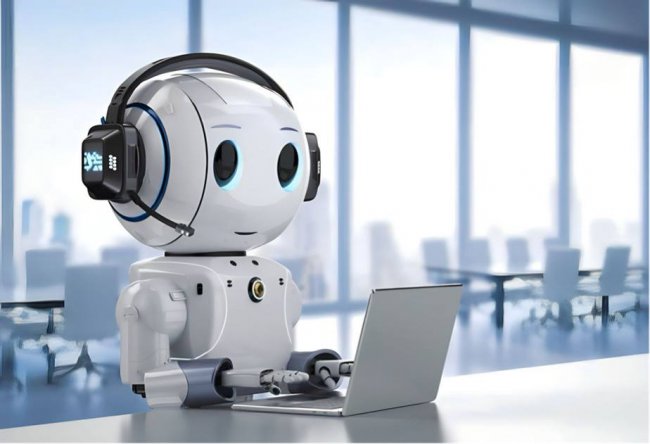 Artificial intelligence has revolutionized the translation industry. AI-assisted translation tools, such as translation memories and speech recognition systems, have facilitated access to lesser-used languages and promoted a translation process that encompasses ever-larger volumes of text with surprising accuracy, naturalness and consistency in its output.
Artificial intelligence has revolutionized the translation industry. AI-assisted translation tools, such as translation memories and speech recognition systems, have facilitated access to lesser-used languages and promoted a translation process that encompasses ever-larger volumes of text with surprising accuracy, naturalness and consistency in its output.At the same time, AI poses challenges because it is not yet capable of translating while interpreting the context and cultural nuances of each society. It also involves ethical considerations about the handling of data that may be confidential or sensitive.
Although translation continues to evolve along with new technologies, human expertise and creativity remain indispensable to ensure accurate, culturally appropriate and engaging translations. The emergence of new translation jobs highlights the need for a mix of human and machine labor to ensure quality output.

.png)










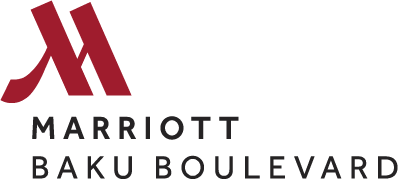






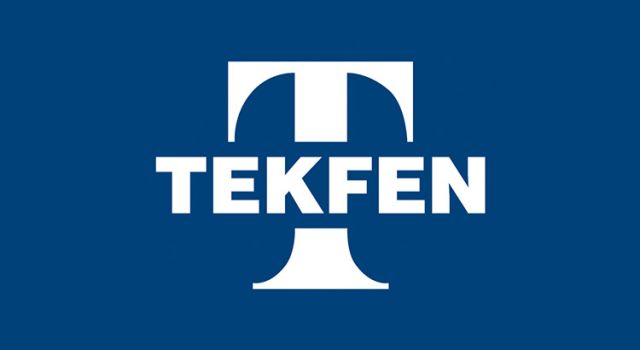


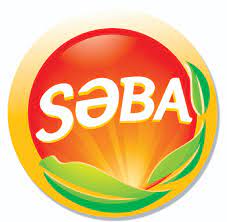


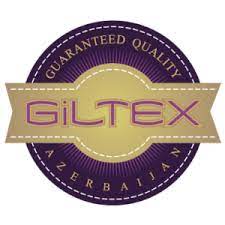

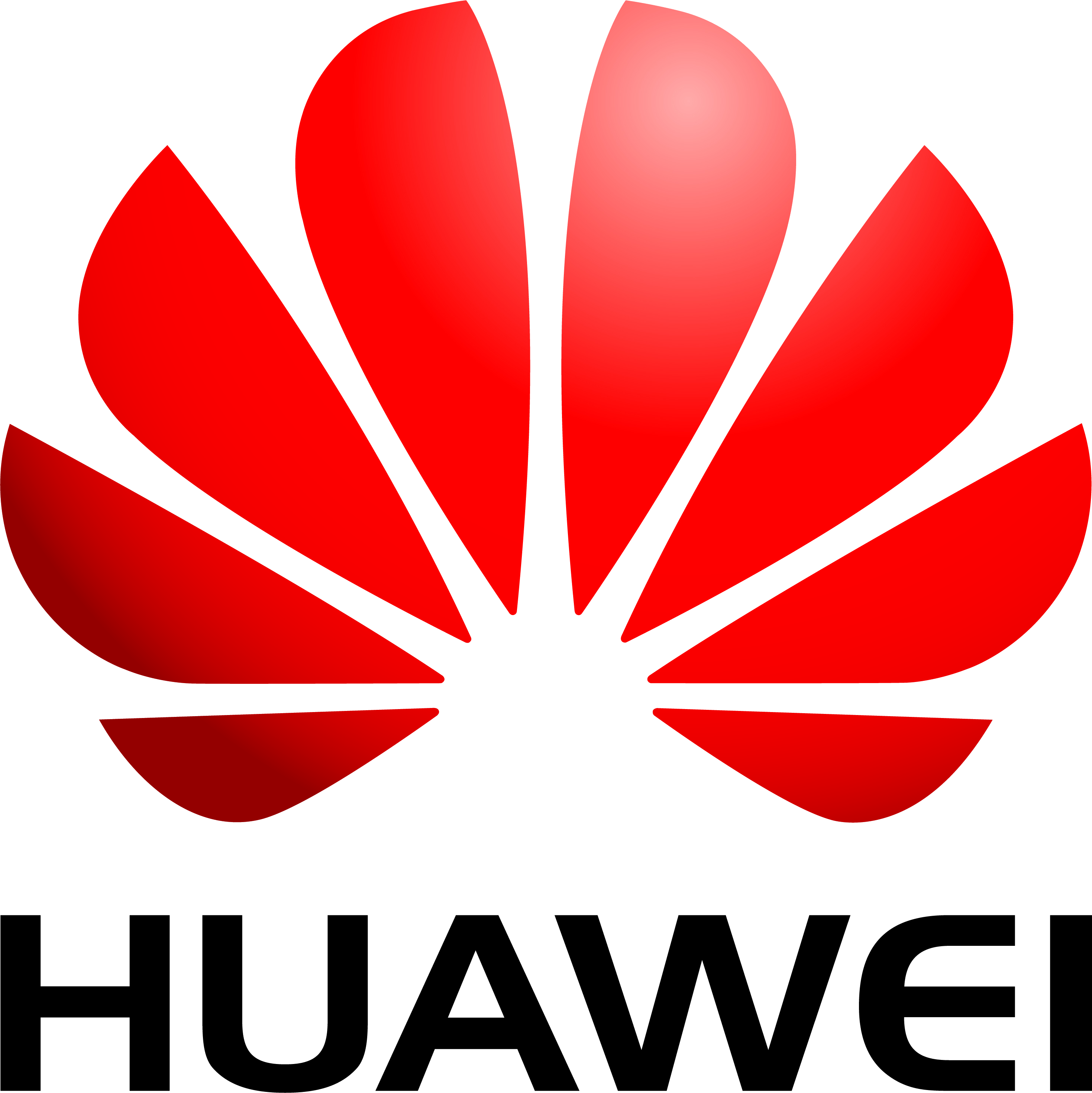
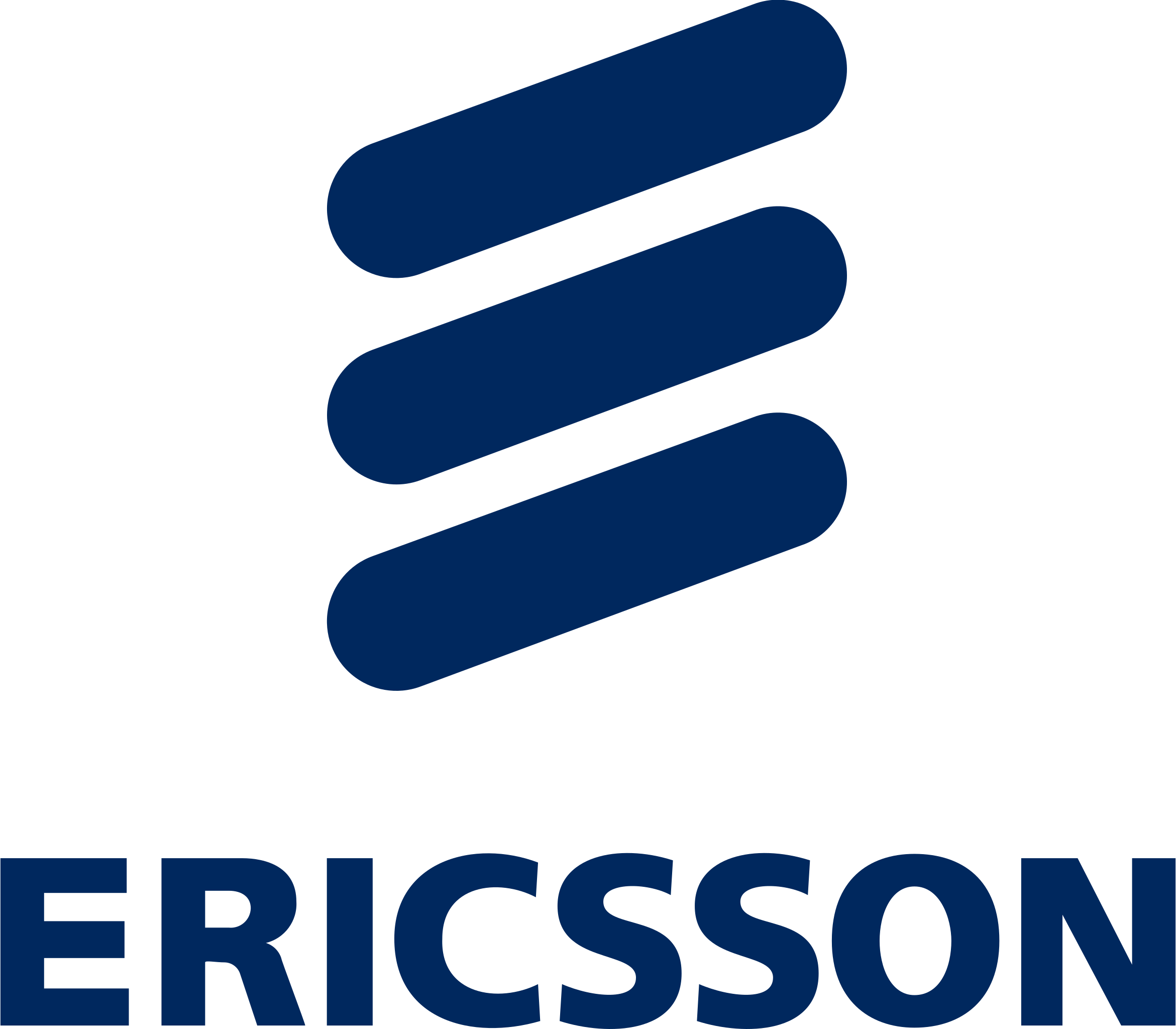



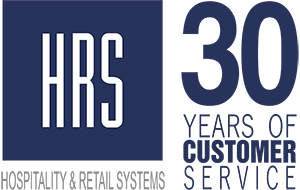





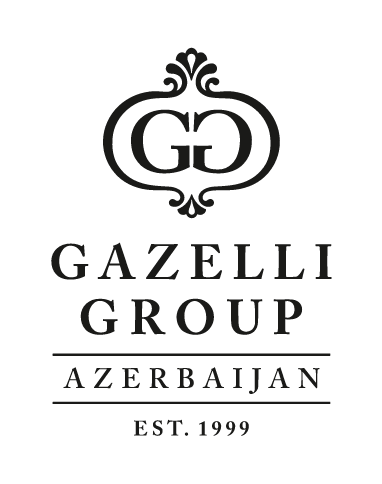









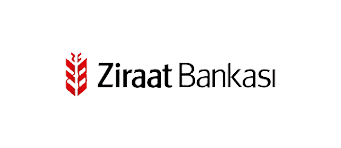
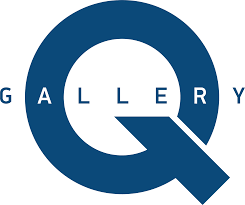
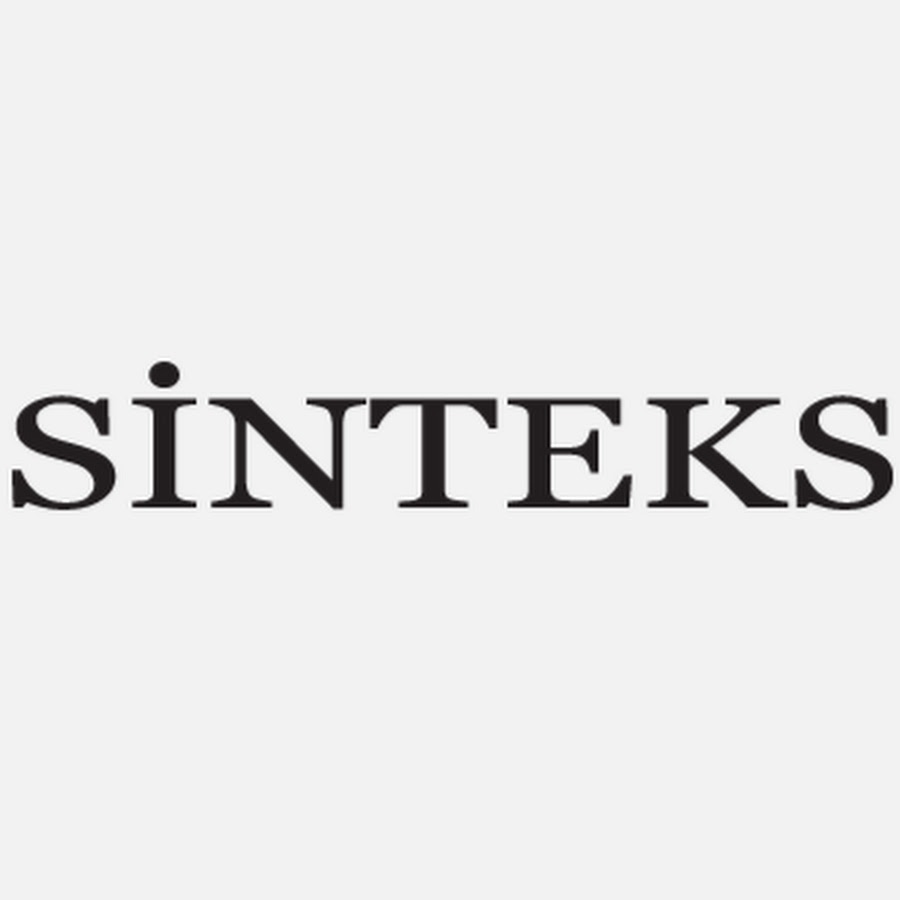








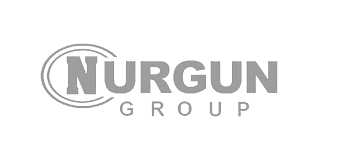
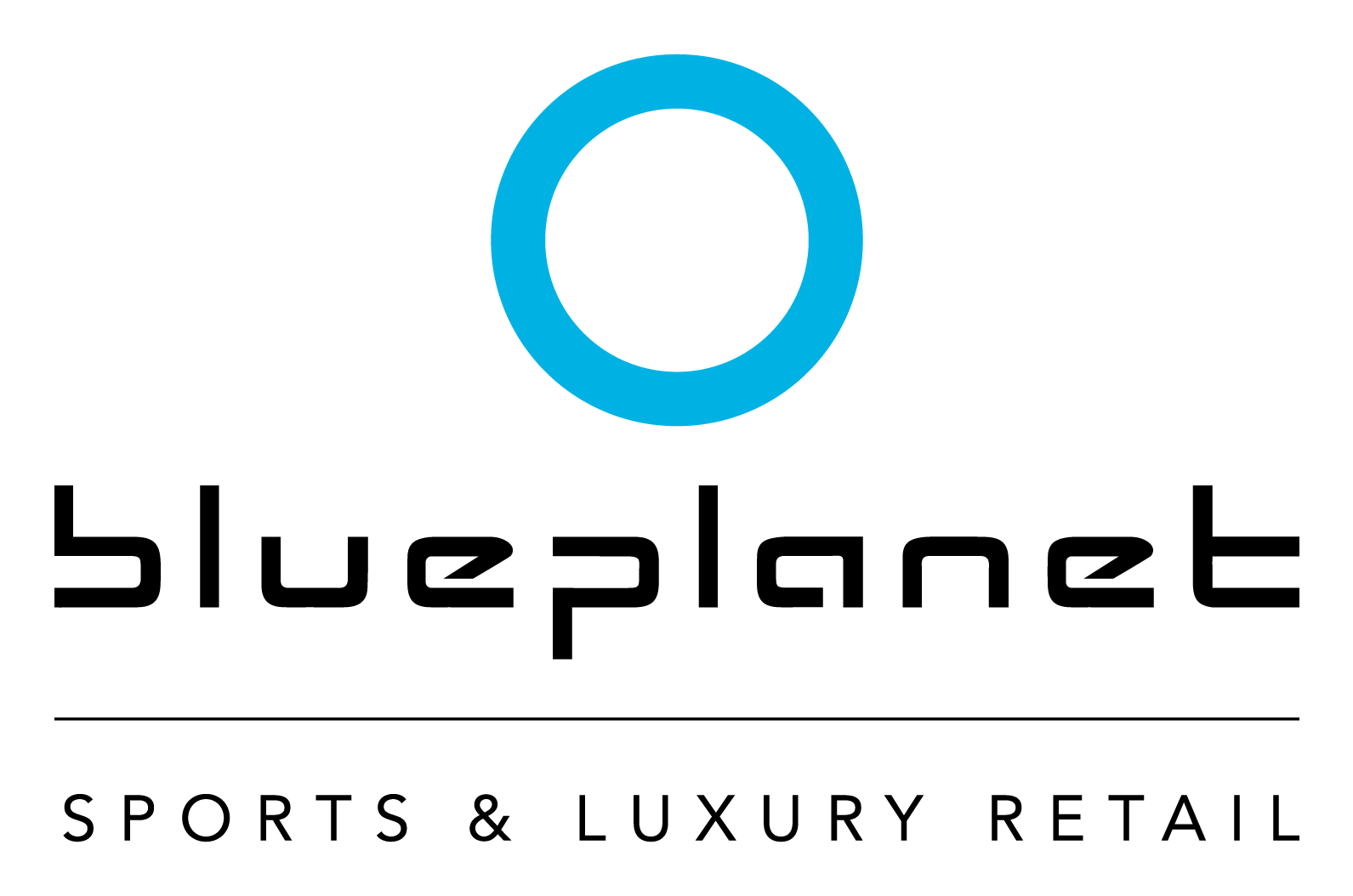
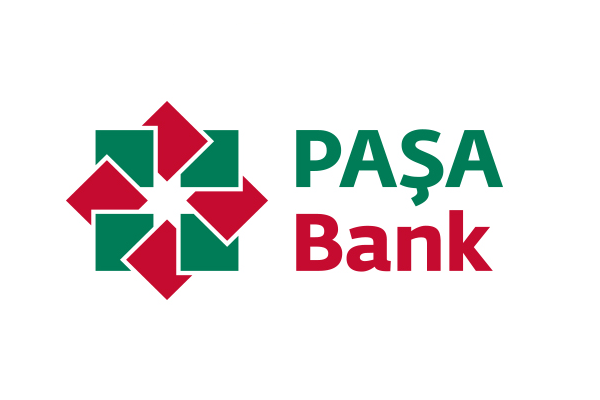


.jpg)